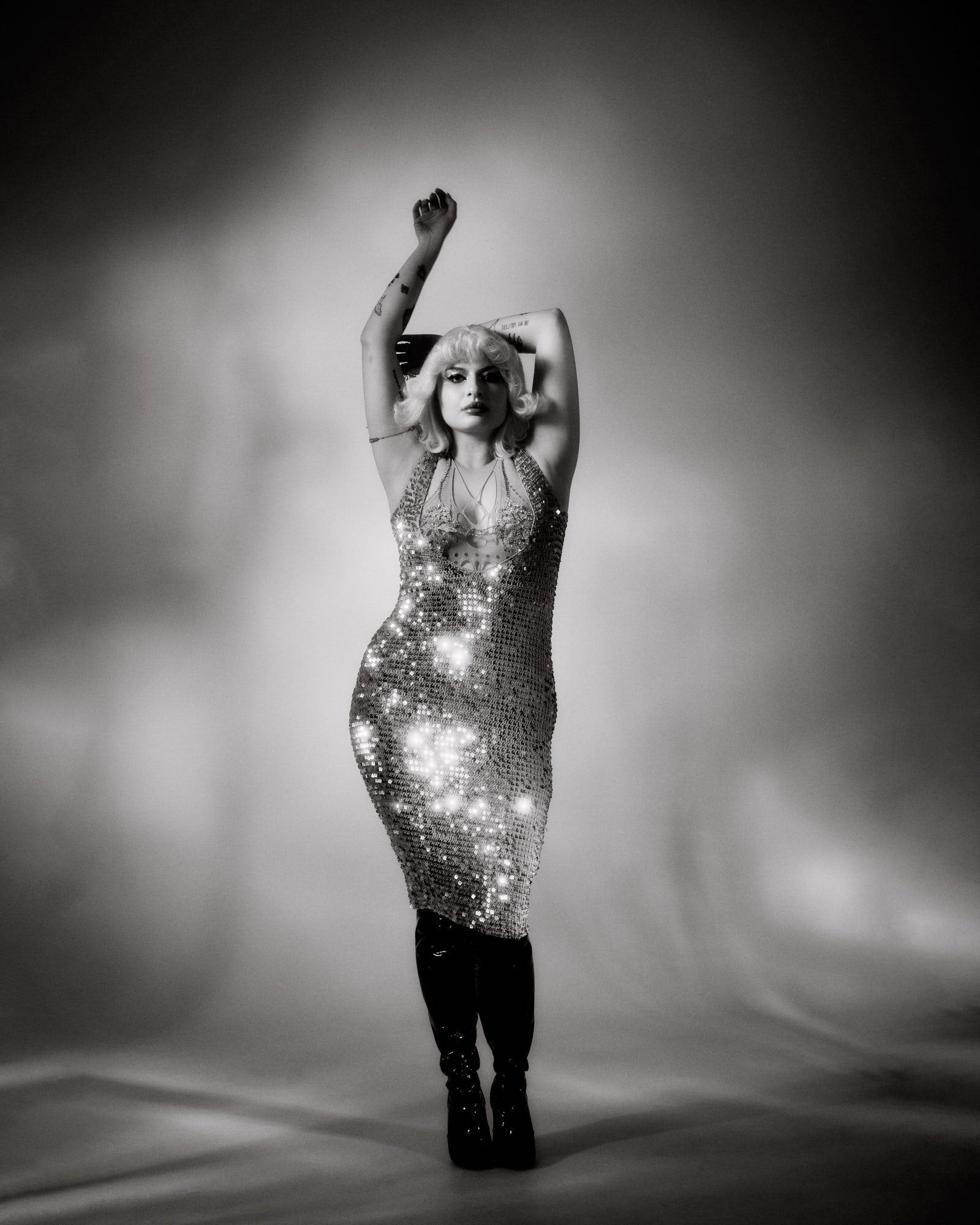Låpsley, singer, songwriter and producer of ‘Her Own Recordings’ is celebrating her fourth up-and-coming album ‘I Am a Hurricane, I Am a Woman in Love’ and planning for her UK tour, which takes place in October of this year. Throughout this interview, Låpsley delves into topics such as love, empowerment, and her inspiration from other artists such as Jade and Charli XCX, who have been in the music industry for over a decade and are now enjoying a new creative resurgence.
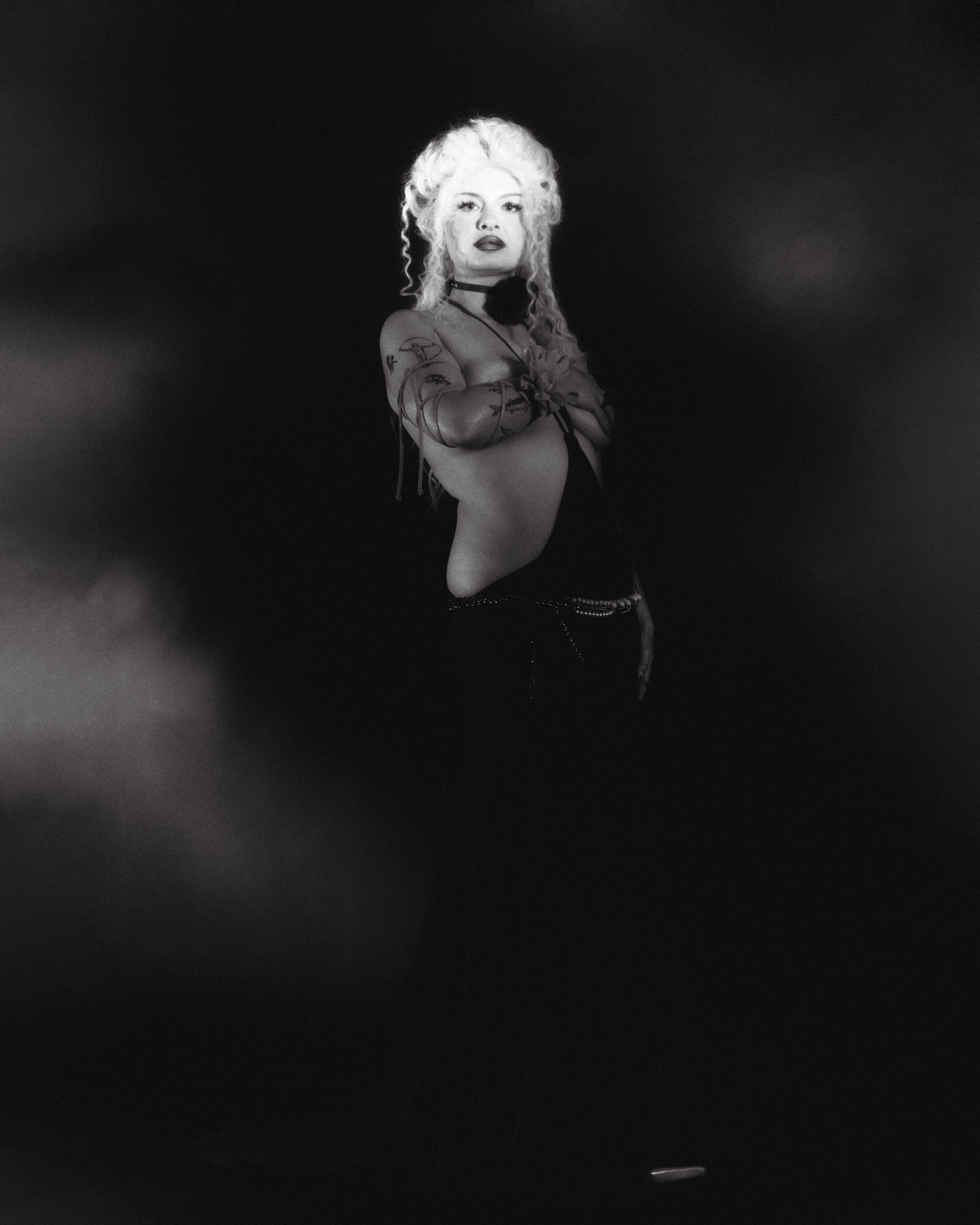
The meaning of Låpsley’s ‘I Am a Hurricane, I Am a Woman in Love’ album title
Through delving into the subject of loss from a female perspective, love is portrayed as a sweet or jealous feeling in a romantic light. In her album, Låpsley wanted to talk about her experiences of love and the shades in between, using weather as a metaphor for the storms and unpredictability of love.
“I am a hurricane, I am a woman in love, I am the best and worst thing.”
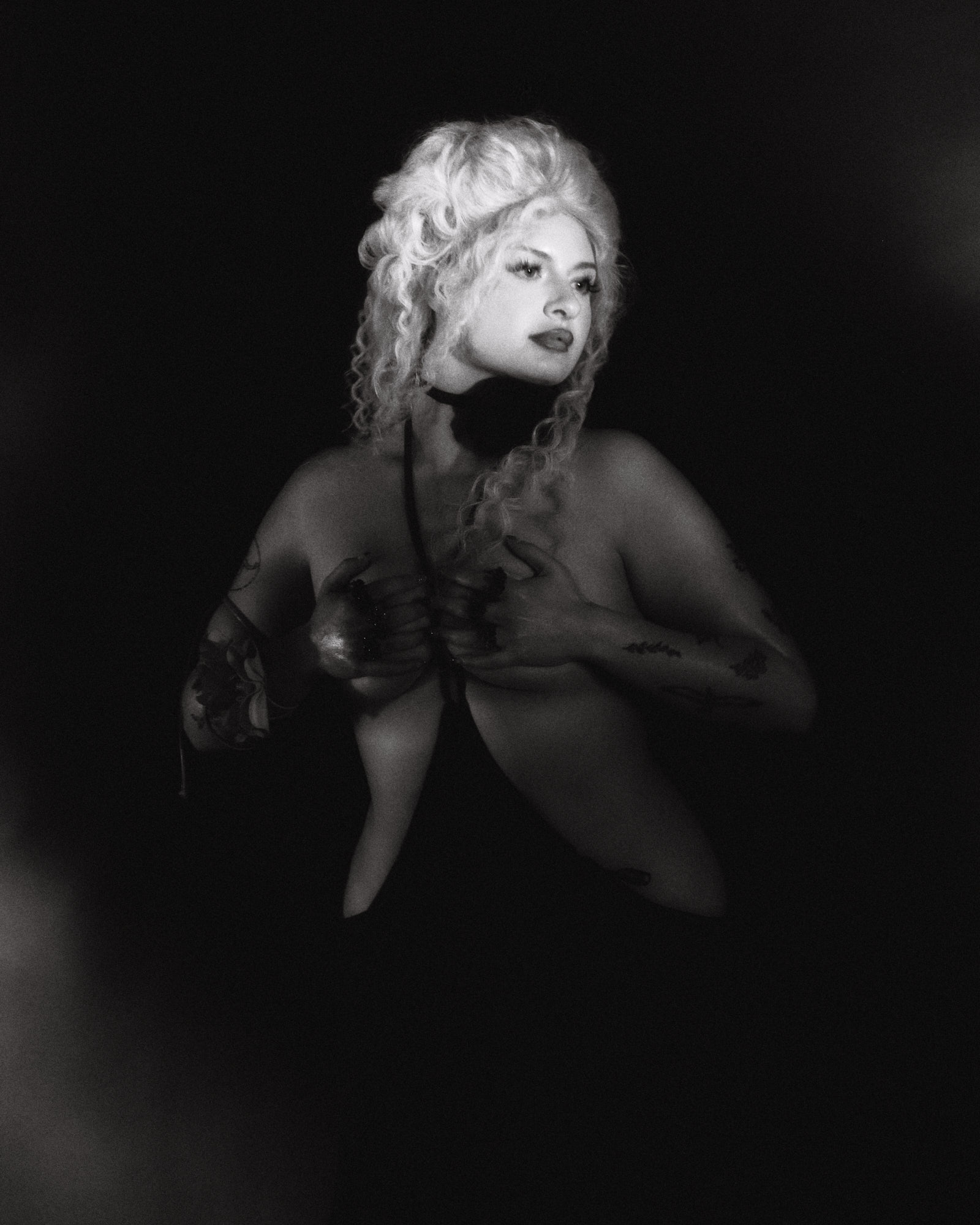
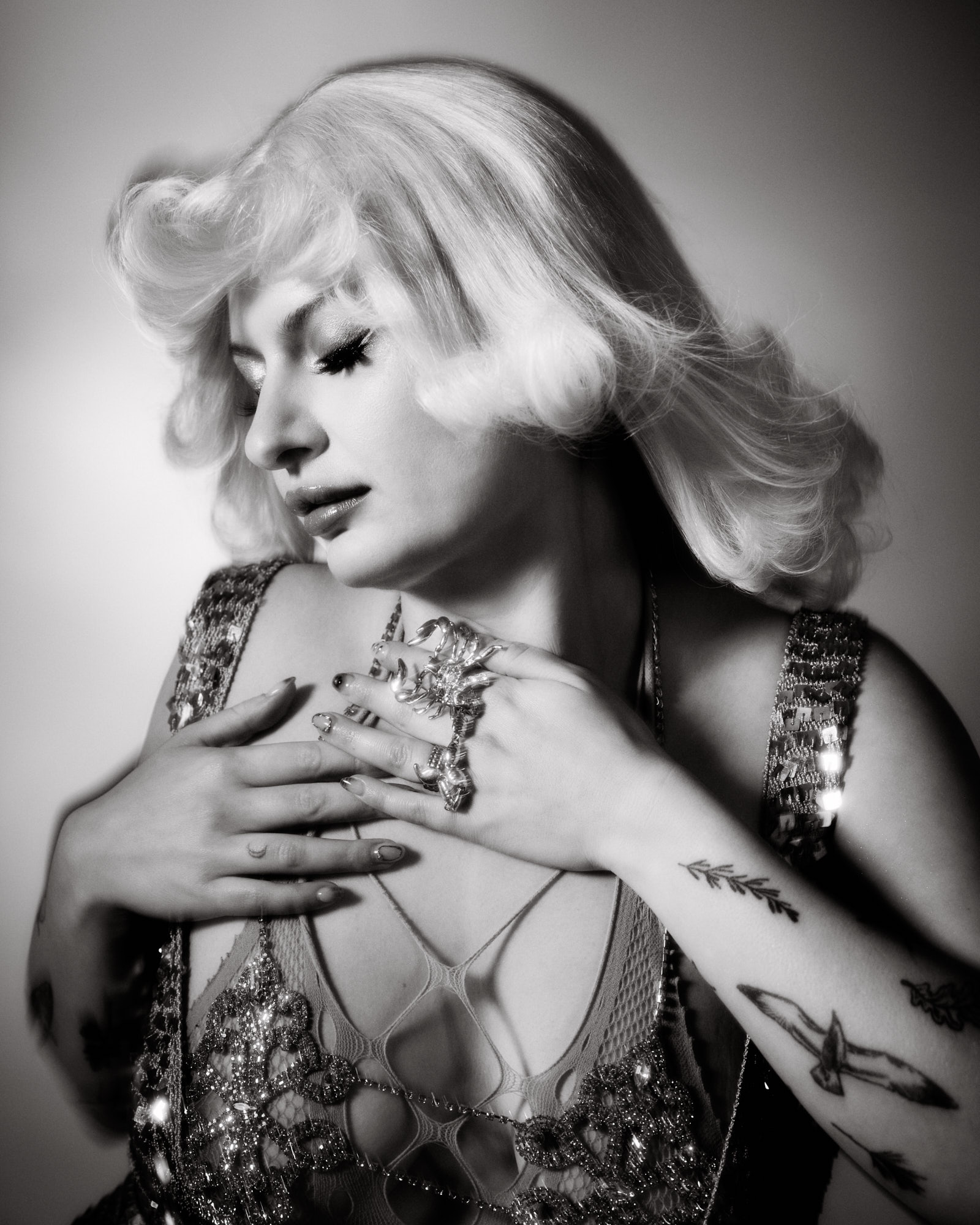
The emotional power of music
Throughout the interview, Låpsley also spoke about how important music is as an outlet for women, describing it as something magical that takes you on an emotional journey — whether that’s crying your heart out or screaming at the top of your lungs. It was that raw intensity she wanted to capture in her album.
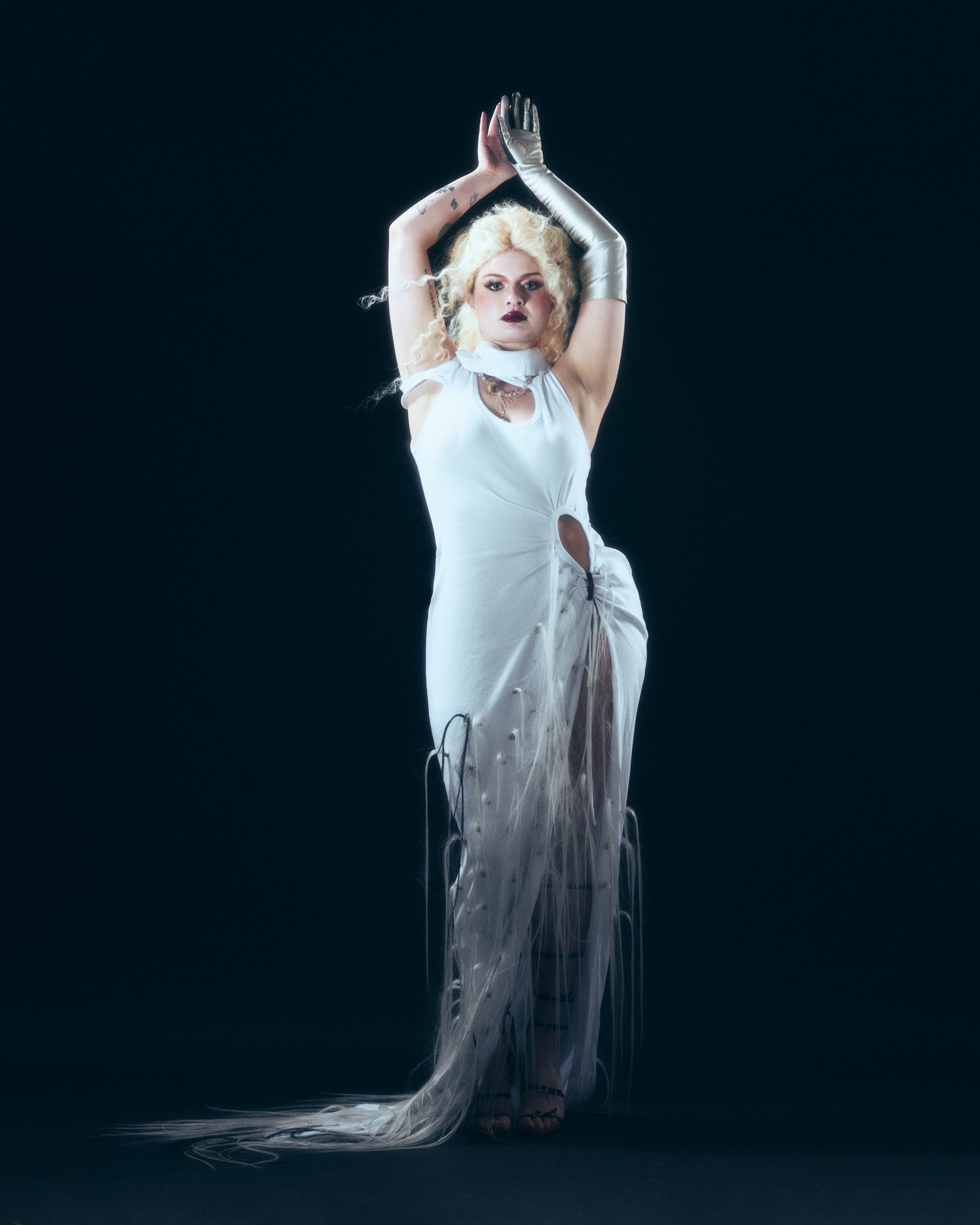
Have you got a favourite song on your new album?
Låpsley: “It changes. At the moment it’s Northface because it’s a bit of an angry song. It’s a bit of a standout. It’s super guitar-heavy, kind of like Pink vibes. Northface shows anger — which is an emotion I don’t think I’ve ever shown before in my work. But also, as a woman, it’s an emotion we are often told not to ever show.”
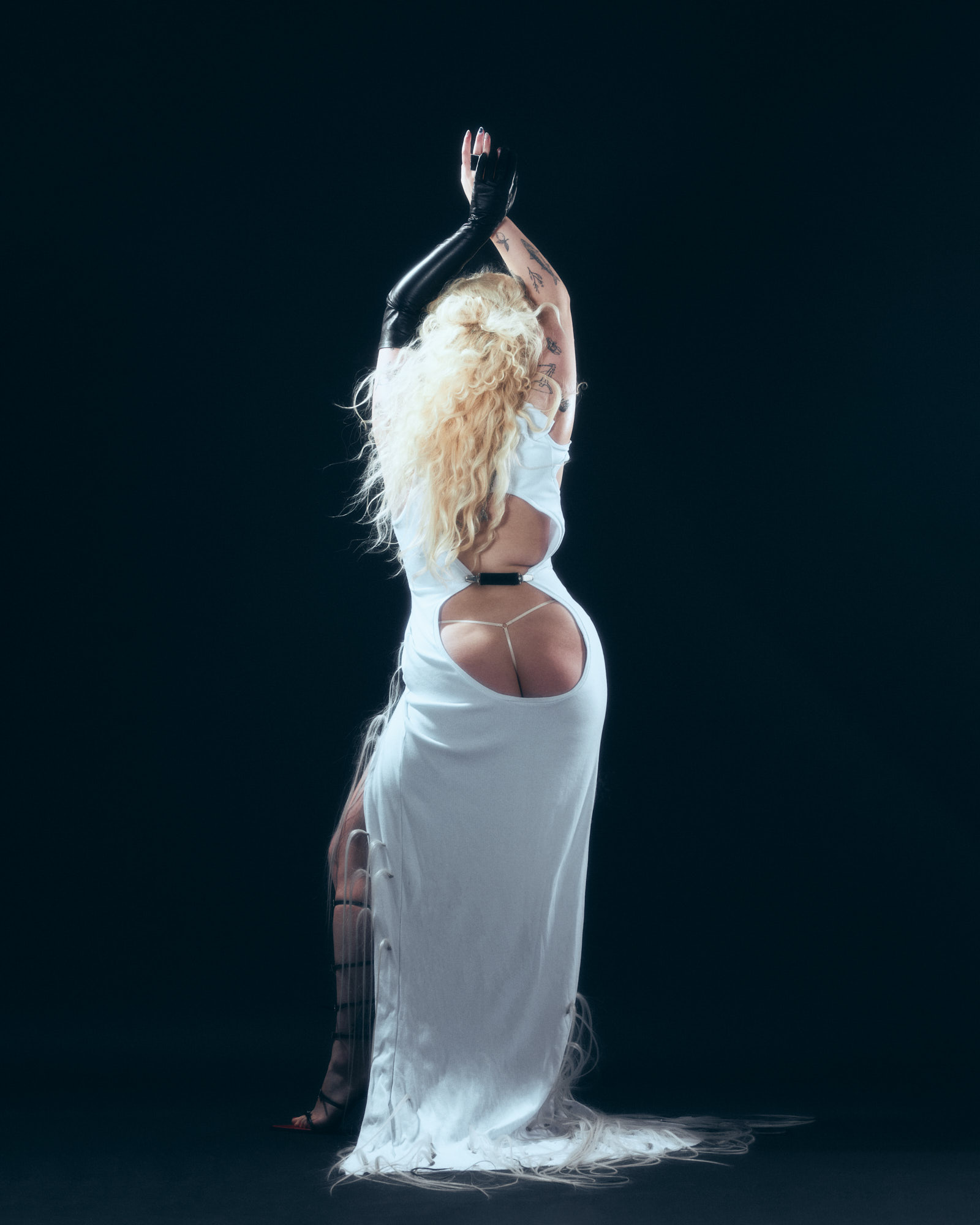
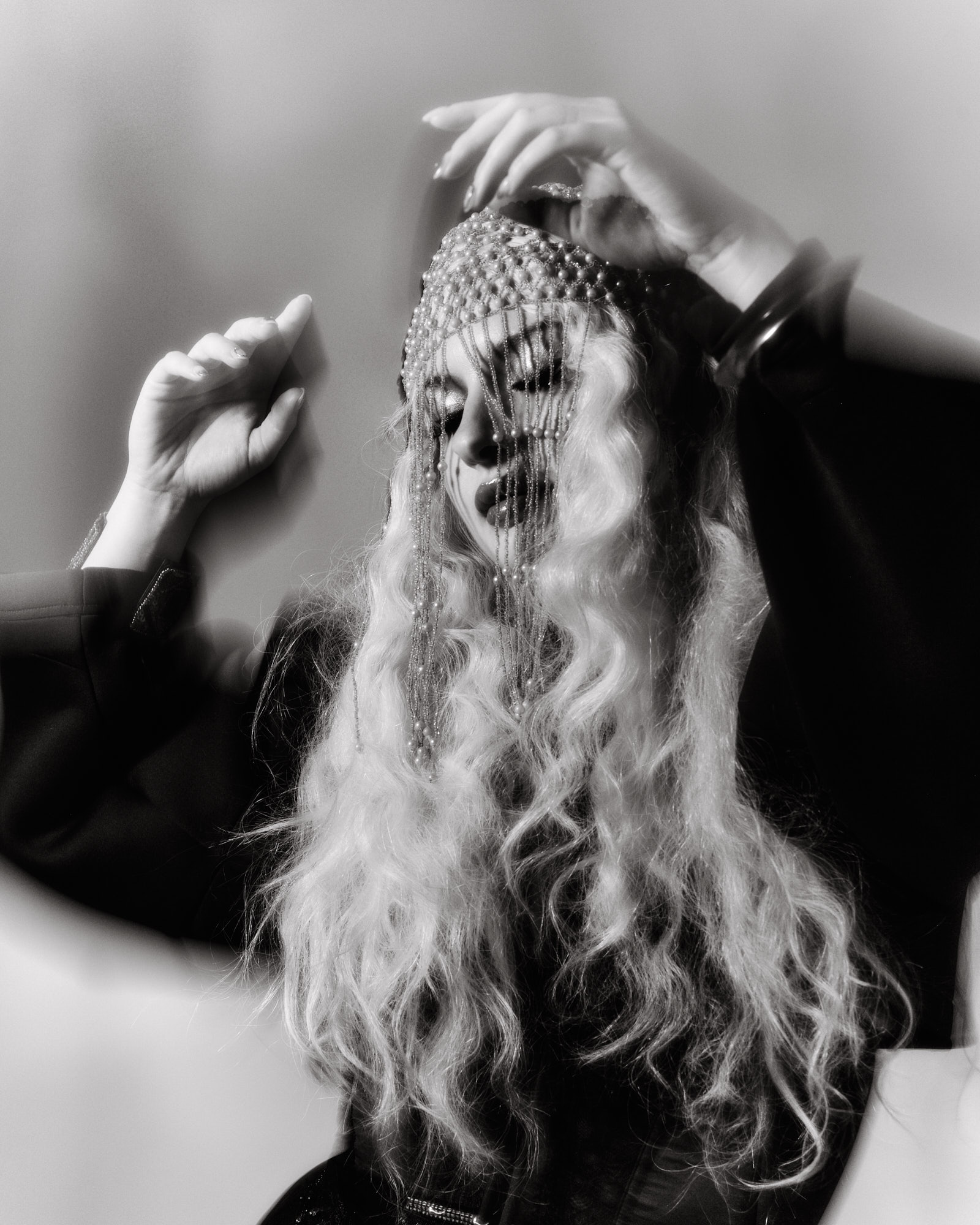
‘I’m a church with no steeple, I’m a compass with no point’ — what does this lyric mean to you?
Låpsley: “I mean, it’s a bit tongue-in-cheek and phallic, in the sense that there’s an aspect of the compass and the church steeple being a physical thing that points towards the sky. It’s a bit of a fuck you to men and the patriarchy, I guess. On a deeper level, the patriarchy is like an institution — like the church — and I suppose I’m using it as a bit of a metaphor.
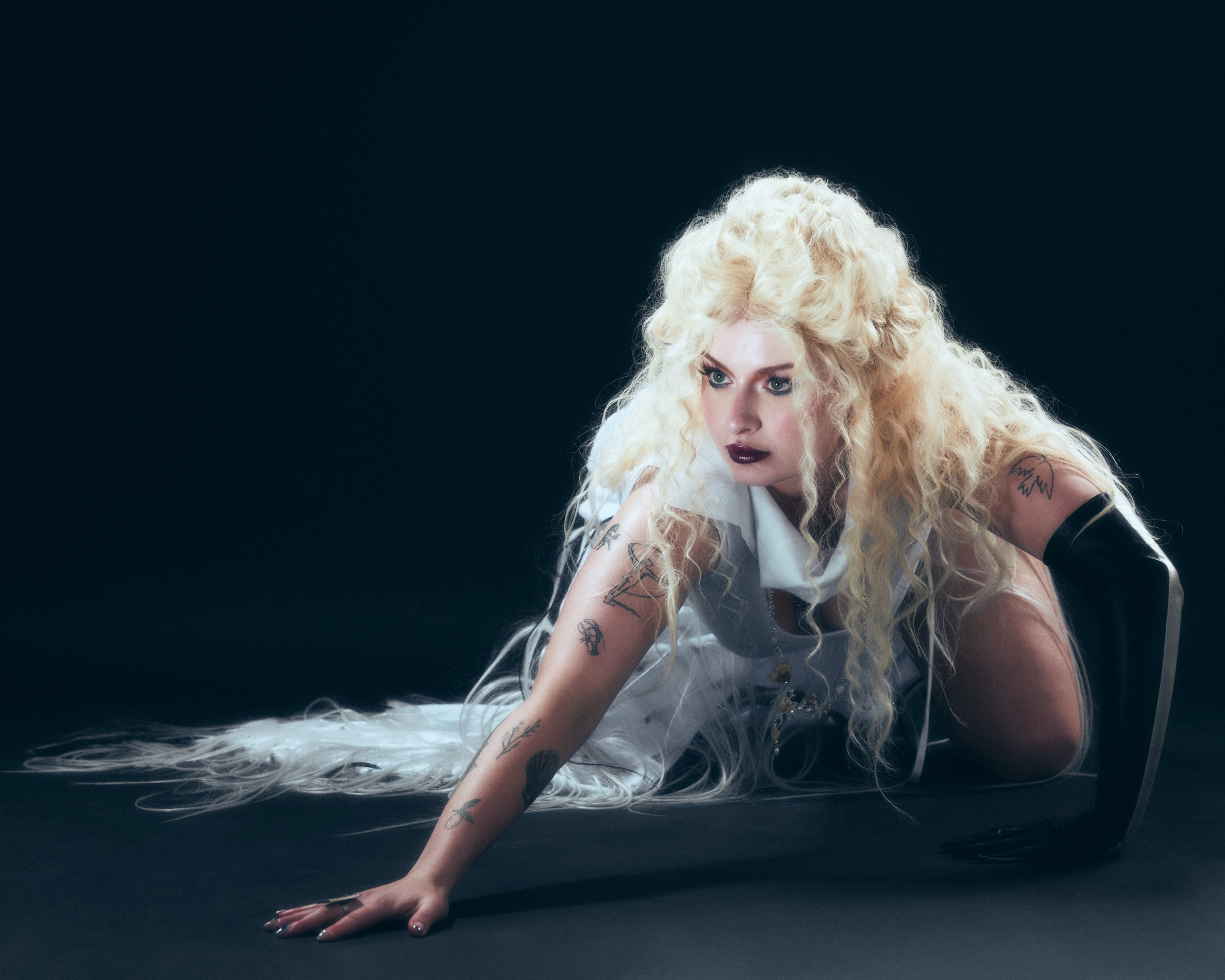
Because we live in a world that makes women feel like we are second-class citizens sometimes, I often find myself wondering: what is the point of our existence? We’re told that our only purpose in life is to be a counterpoint to men, or to support men and their dreams.”
“Also, one vision for the moodboard of the song Church was a compass, which symbolised the church and its spires — and the witchiness of it all.”
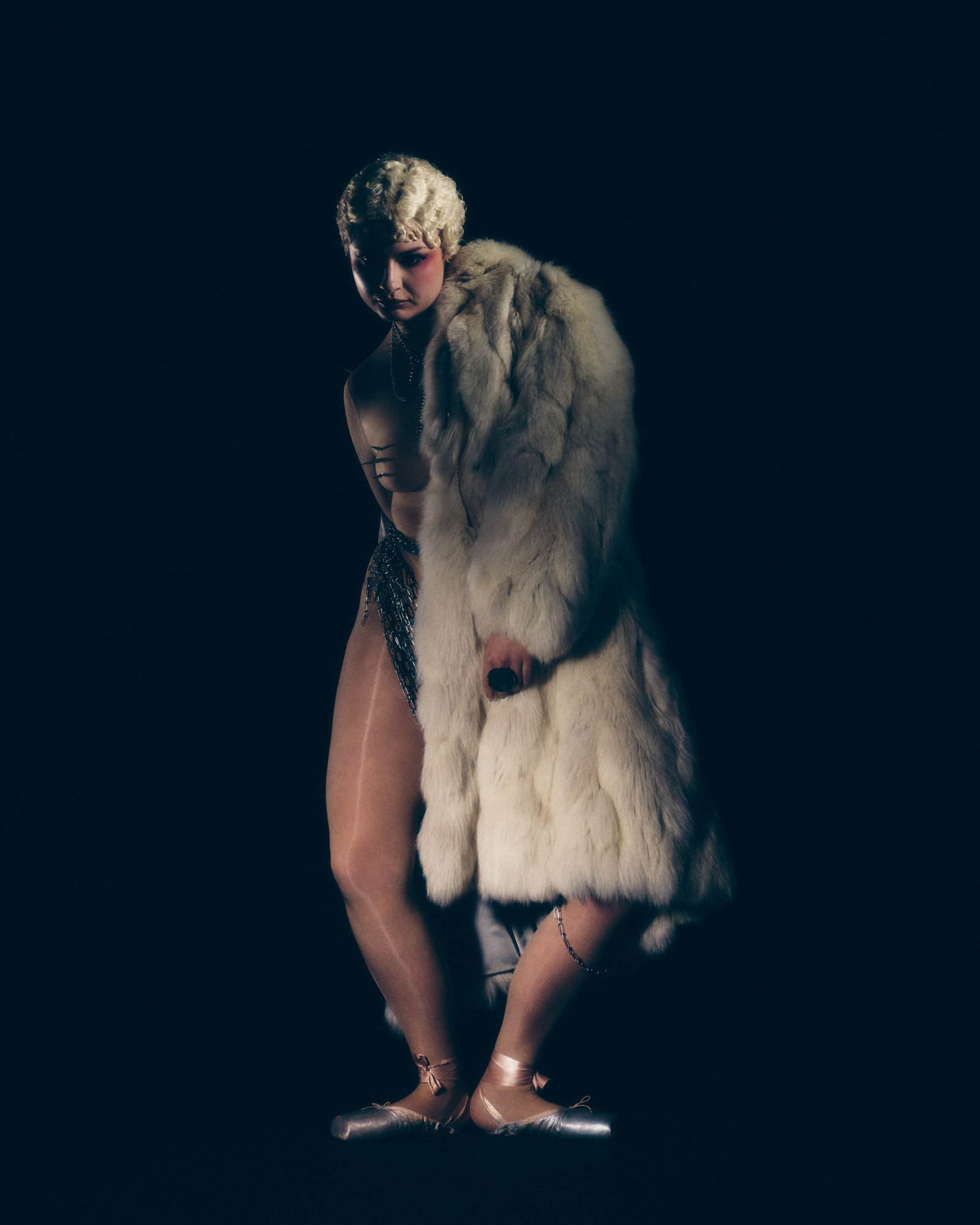
How are you feeling for your up-and-coming tour?
Låpsley: “I feel like my fan base has split between people that have known my music for 10 years and then new listeners that have just joined me in the last two albums. So it’s a proper mix of die-hard old fans and new listeners who are interested in music and feminism. I’m planning on balancing the setlist to accommodate both sides. I’m excited to play in Oran Mor, the venue in Glasgow, as I’ve heard fucking great things. It’s one of those cult venues where everybody just buys tickets to whatever that venue puts on.”
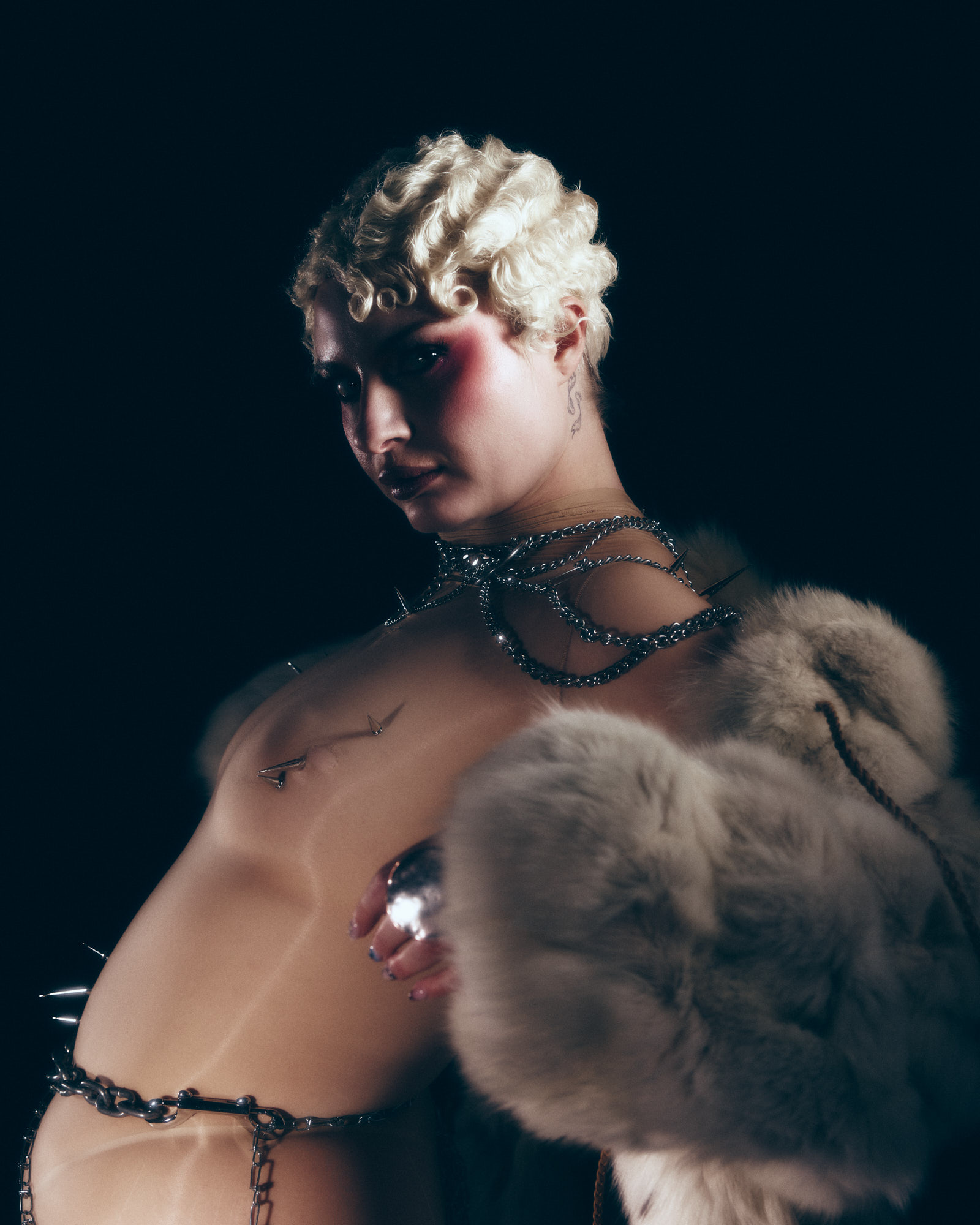
Låpsley’s ‘Church’ moodboard
For her new album, Låpsley drew on her own family history, weaving in personal details like the tartan from her grandfather’s Scottish roots. The video for her song Church was even shot in a graveyard where some of her relatives are buried, making the whole project feel deeply connected to her heritage. Her moodboard for the song became a tapestry of powerful imagery — from the symbolism of the church as both a place of solace and a structure tied to patriarchy, to legendary women like Joan of Arc and Boudica, who defied it. Referencing the Pendle Witch Trials and the fierce spirit of Celtic warriors, Låpsley leaned into her Scottish and English roots to shape a visual world that’s both mystical and defiant — a nod to ancestral resilience and feminine strength.
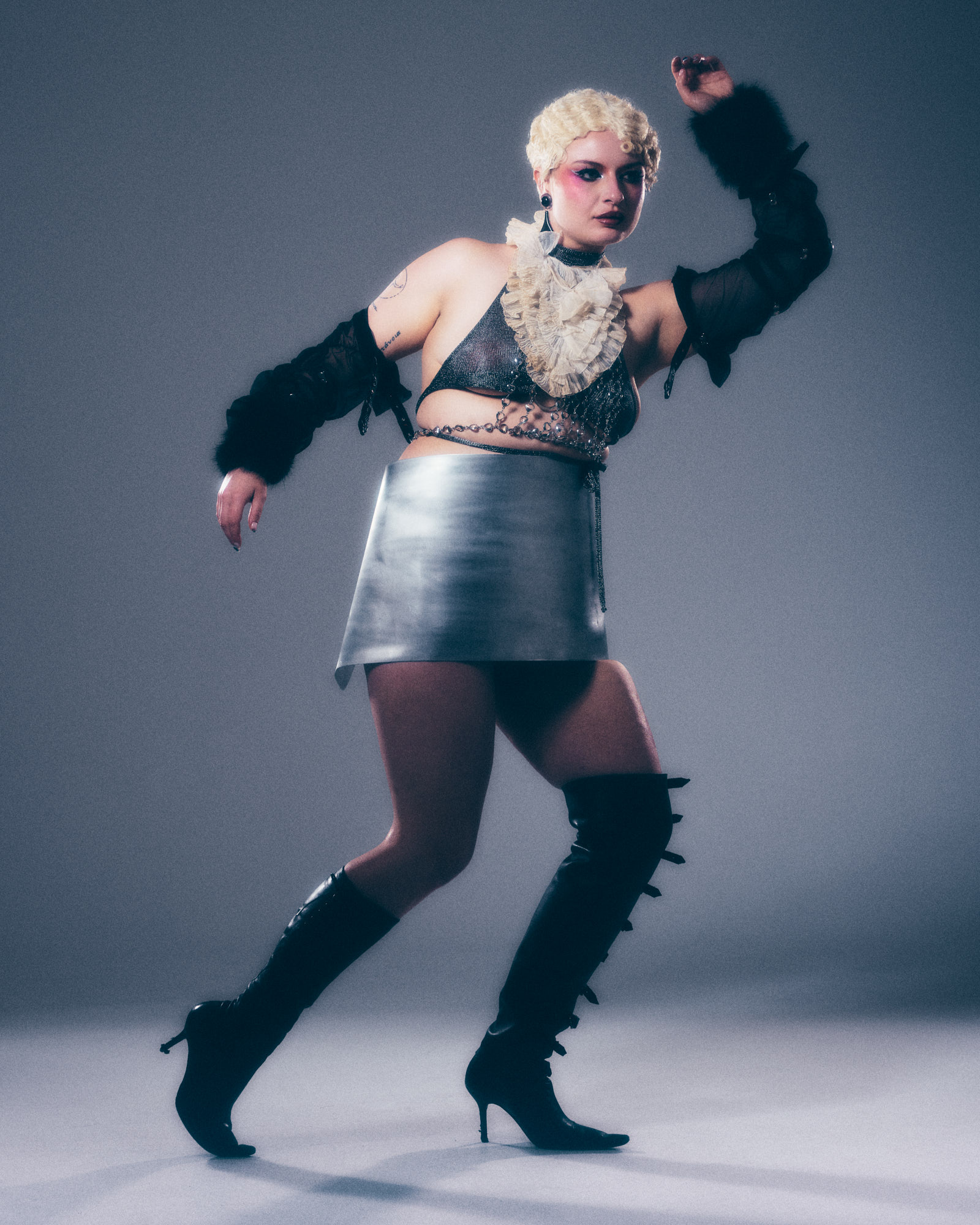
Are there any artist/artists that have inspired your music?
Låpsley: “Definitely Christine and the Queens — we make music in the same kind of genre, but also how he has developed and changed both their fashion and the style of music. I just think it’s really badass. I also love Joni Mitchell — I’d say she’s probably my favourite artist as well. She’s got a stunning voice and her lyrics are just spiritual.”
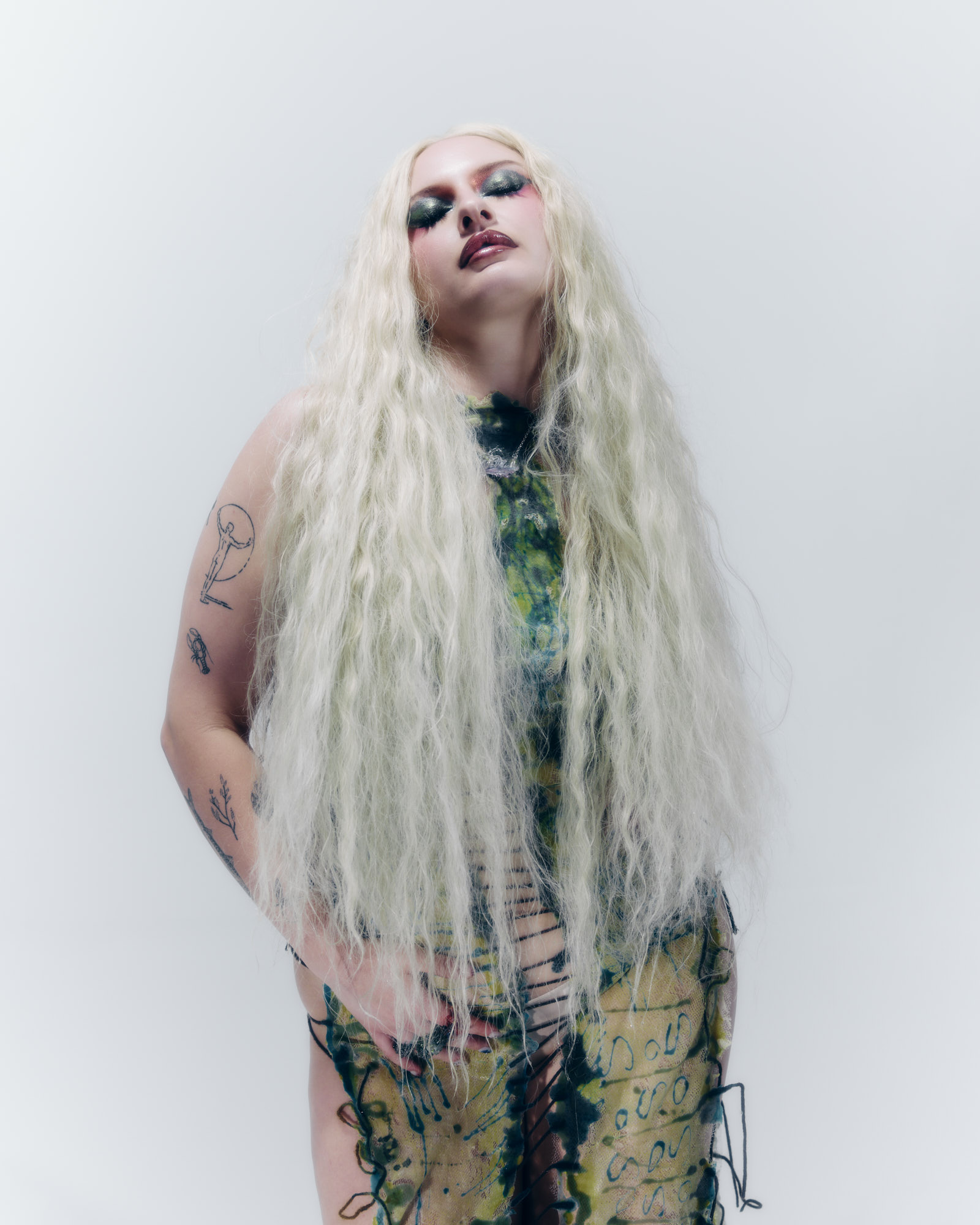
If you could only listen to the same three songs on repeat, what are you choosing?
Låpsley: “‘A Case of You’ by Joni Mitchell — just has to be one of them. That song opened up my understanding of how metaphors can be used in lyricism to explain quite complicated and nuanced emotions and situations. ‘Retrograde’ by James Blake — that’s one of my favourite songs ever, production-wise, and really influenced me when I was 16 and just starting to produce. Lately, it would probably be Wuthering Heights by Kate Bush.”
